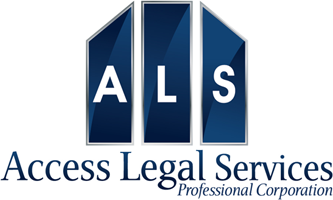Posted in: Newsletter Post
Human Rights
The concepts of human rights, freedom of speech, and freedom of religion have been popular legal concepts in the news in recent weeks.
The recent shootings in Paris, France, targeting the satirical news source Charlie Hebdo and kosher supermarket Hyper Cacher, have raised questions about freedom of the press and concerns about religious discrimination.
A quick look through the commentary on many news sites indicates that a significant proportion of individuals don’t know when or how their rights are protected.
In Ontario, we have a number of laws that govern our rights.
The most well-known of these laws is the Canadian Charter of Rights and Freedoms. The Charter guarantees our fundamental freedoms, such as freedom of conscience and religion, thought belief, opinion and expression, including freedom of the press and other media of communication. The Charter also guarantees our basic democratic rights and legal rights, as well as equality rights that prohibit discrimination on the grounds of race, national or ethnic origin, colour, religion, sex, age or mental or physical disability.
What most people don’t know, however, is that the Charter only protects us from discrimination by federal bodies, for example, the government or the police. It doesn’t protect us (in most cases) from discrimination by a private business, a neighbour, or an employer.
Thankfully, in Ontario, we have additional laws that protect us from discrimination by other sources. Ontario’s Human Rights Code, for example, protects people from discrimination in areas of housing, work, contracts, or goods and services. It also protects us from discrimination on multiple grounds, including race, ancestry, place of origin, colour, ethnic origin, citizenship, creed, sex, sexual orientation, gender identity, gender expression, age, marital status, family status, disability, and in the case of housing, receipt of public assistance.
The Canadian Human Rights Act works similarly to the Ontario Human Rights Code, but on a federal level.
So how do these rights play out in real life? Well, the act of publishing satirical cartoons, such as those illustrated by Charlie Hebdo, would be allowed and protected by our Charter as freedom of the press, or freedom of speech, thought, or expression. If an individual was offended by the cartoons, however, they couldn’t use the Charter to protest the publication. They would need to make an argument for discrimination under the Ontario Human Rights Code or Canadian Human Rights Act.
The recent terrorist attacks in Paris have been followed by a number of peaceful demonstrations of solidarity throughout France and worldwide. Many Muslims have also spoken out against ISIS and recent events, declaring that the attacks were #NotInMyName.
Concerns have been raised regarding potential backlash against Muslim populations, which, if it came to pass, would be religious discrimination and not permitted by law.
Simply knowing your rights can go a long way toward ensuring they are respected. However, even when you know your rights, there are instances where those rights may be trampled anyways; and in those cases, there is recourse.
You must first decide how your rights are being violated and by whom, and whether it is a federal or provincial matter. An application must then be brought to either the Ontario Human Rights Commission or the Canadian Human Rights Commission. Your case will be heard by a Tribunal Member and a decision will be made regarding the best remedy given the circumstances.
A paralegal can explain to you what your rights are and who has jurisdiction over protecting them. A paralegal can also assist or represent you through a Human Rights Tribunal application, whether federal or provincial.
If you have questions about your rights or feel like your rights have been violated, we welcome you to get in contact with one of the licensed paralegals at Access Legal Services by calling 416-733-8880 or emailing at consultation@accesslegal.ca.


ACCESS LEGAL SERVICES PROFESSIONAL CORPORATION
1110 Finch Ave. West Suite 614
Toronto, Ontario
M3J 2T2
Phone : (416) 733-8880
Fax : (416) 946-1112
Email: consultation@accesslegal.ca

